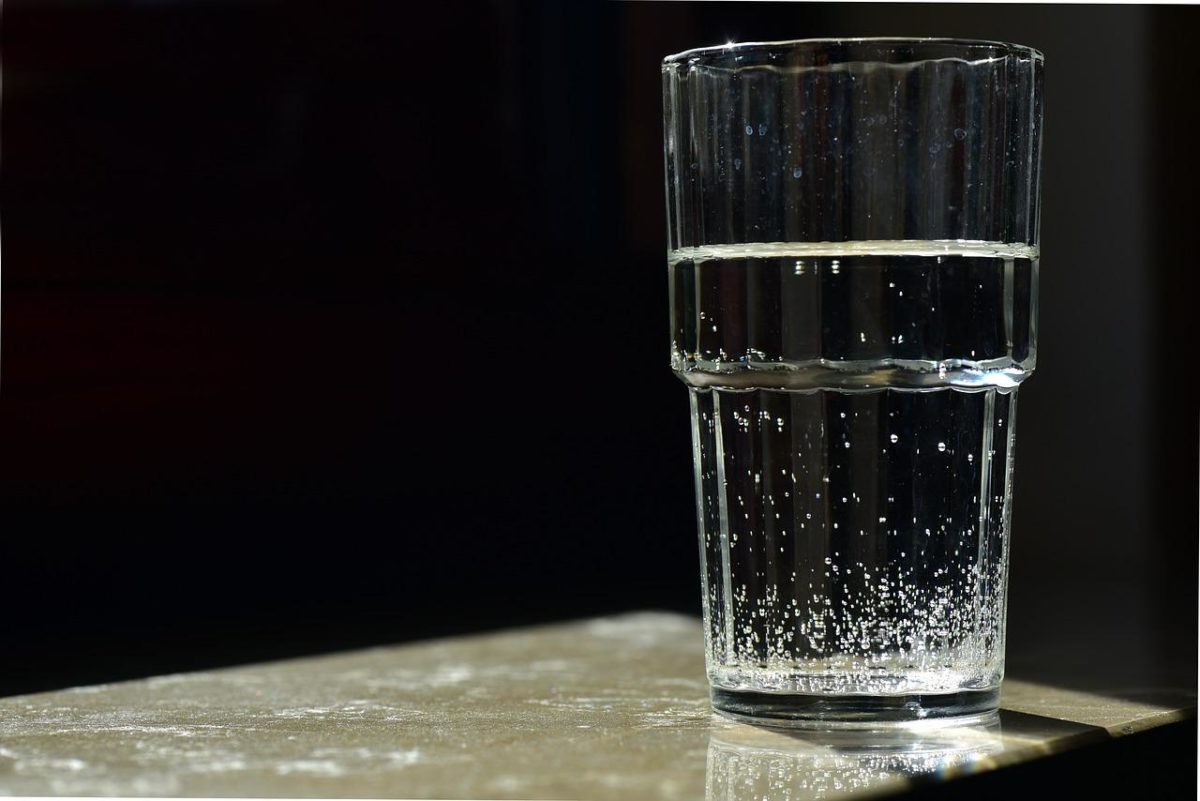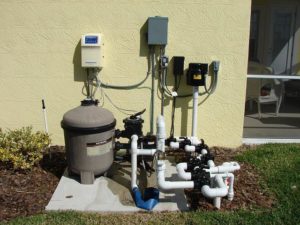
If you’ve noticed that your water doesn’t seem to be as clean as it used to be, you may wonder what could be causing this. There are many possible causes of dirty water in your home, and it’s crucial to find out the source so that you can take steps to fix it before it leads to a series of problems.
In fact, even having hard water can cause headaches down the road, which is why you should invest in a water softener. DiyMorning explains more about this device, so you should check it out.
What Dirty Water Could Mean for Your Home
While most people think of water pollution as something that happens in the ocean, rivers, or lakes, the truth is that dirty water can be a problem right in your own home. Whether your water comes from a private well or a public water system, there are many things that can make it become contaminated.
Here are some of the most common causes of dirty water in your home:
Sediment
If you notice that your water has a cloudy appearance, it may be due to sediment. This can come from various sources, including rust from old pipes or minerals leaching into the water from the ground. While sediment itself is not necessarily harmful, it can clog pipes and cause other problems.
Bacteria
One of the most common and potentially dangerous contaminants in water is bacteria. This can come from sewage overflows, animal waste, or even agricultural runoff. While most bacteria are not harmful, some can cause serious illnesses, such as cholera or typhoid fever.
Chemicals
Another common contaminant in water is chemicals. These could be from industrial discharge, runoff from landfills, or even household cleaners. Some chemicals, such as lead or arsenic, can be extremely dangerous to human health.
How to Test for Dirty Water
The best way to test for dirty water is to have it tested by a professional. They can test for a variety of contaminants and will be able to give you specific advice on how to correct the problem.
If you find that your water is contaminated, you can do a few things to fix the problem. If the contamination is due to sediment, you may be able to filter it out using a simple water filter. If the contamination is due to bacteria, you may need to chlorinate your water or install a UV filtration system. If the contamination is due to chemicals, you will need to find the source of the problem and take steps to correct it.

The Consequences of Not Addressing Dirty Water
If you don’t take steps to address dirty water in your home, you may be putting yourself and your family at risk for a variety of health problems. Contaminated water can cause gastrointestinal illnesses, skin infections, and even more serious diseases. In addition, dirty water can damage your plumbing and lead to a lot of problems in your home.
How to Prevent Dirty Water From Entering Your Home
 The best way to prevent dirty water from entering your home is to be proactive. Have your water tested regularly and take steps to correct any problems that are found. In addition, you can install a water filtration system or reverse osmosis system to make sure that your water is always clean and safe.
The best way to prevent dirty water from entering your home is to be proactive. Have your water tested regularly and take steps to correct any problems that are found. In addition, you can install a water filtration system or reverse osmosis system to make sure that your water is always clean and safe.
While it’s impossible to completely eliminate the risk of dirty water in your home, taking these steps can help to reduce the likelihood of a problem. By being proactive, you can protect yourself and your family from the potentially harmful effects of contaminated water.
Don’t take the risk. If you notice that your water is dirty, make sure to find out the cause and take steps to address it. Your health and your home will thank you for it.
